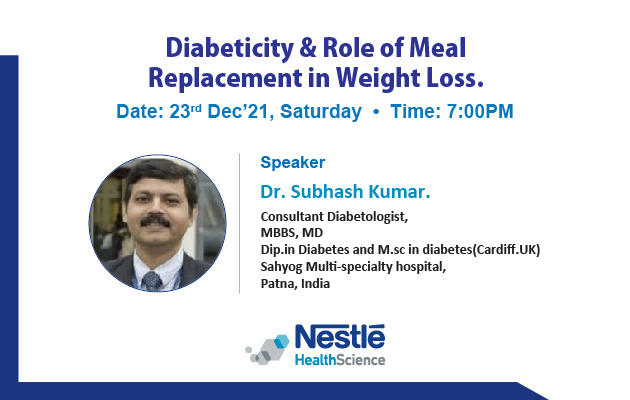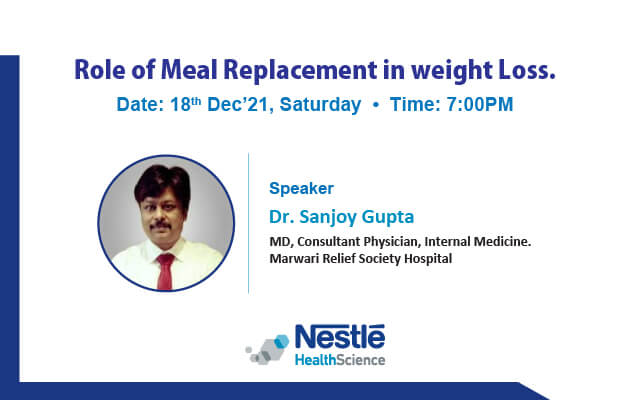
World Obesity Awareness Week: What is obesity and how can we beat it?
The World Obesity Awareness Week is celebrated every year in October. World Obesity Awareness Week raises awareness about the benefits of weight loss. Obesity rates have nearly tripled and have increased almost five times in children and adolescents, affecting people of all ages from all social groups in both developed and developing countries. Obesity is a major risk factor for various noncommunicable diseases (NCDs), such as type 2 diabetes, cardiovascular disease, hypertension and stroke, and various forms of cancer.
Obesity can adversely affect quality of life through symptoms such as breathlessness, snoring, and joint pain. It can also lead to psychological issues like depression, anxiety, and low self-confidence, all of which can exacerbate the problem. Overweight and obesity are defined as abnormal or excessive fat accumulation that presents a risk to health. A body mass index (BMI) over 25 is considered overweight, and over 30 is obese.
And many people do heed this call to action and chalk up a weight loss plan. But losing weight is difficult. Many people stick to their plans for the first few months, and then the enthusiasm gradually starts to fizzle out.
Dietary changes
Reducing calories and practicing healthier eating habits are vital to overcoming obesity. Although you may lose weight quickly at first, steady weight loss over the long term is considered the safest way to lose weight and the best way to keep it off permanently.
Exercise and activity
Increased physical activity or exercise is an essential part of obesity treatment. Most people who are able to maintain their weight loss for more than a year get regular exercise, even simply walking.
Behavior changes
A behavior modification program can help you make lifestyle changes and lose weight and keep it off. Steps to take include examining your current habits to find out what factors, stresses or situations may have contributed to your obesity.
Prescription weight-loss medication
Your doctor may consider a weight-loss drug for you if you haven't been able to lose weight through diet and exercise.
Endoscopic procedures for weight loss
These types of procedures don't require any incisions in your skin. After you receive anesthesia, flexible tubes and tools are inserted through your mouth and down your throat into your stomach.
Weight-loss surgery
In some people, weight-loss surgery, also called bariatric surgery, is an option. Weight-loss surgery limits the amount of food you're able to comfortably eat or decreases the absorption of food and calories, or it does both. While weight-loss surgery offers the best chance of losing the most weight, it can pose serious risks.















